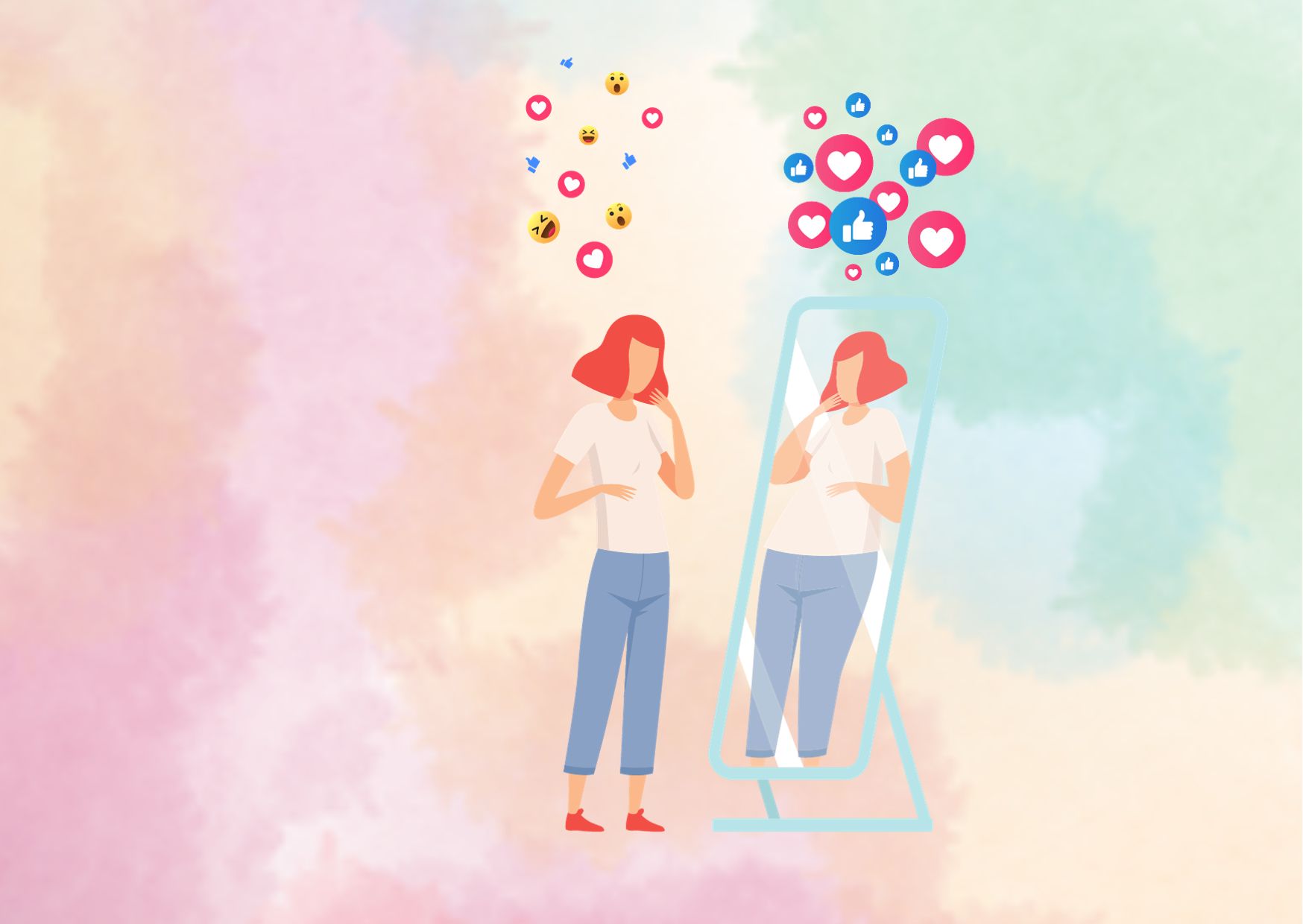The Impact of Social Media on Eating Disorders
Introduction
Social media has become an integral part of our lives, allowing us to connect and communicate with others. However, concerns have been raised about the influence of social media on mental health, particularly its potential impact on eating disorders. While social media alone is not the direct cause of eating disorders, it can play a significant role in exacerbating risk factors and perpetuating harmful behaviors. In this article, we will explore the impact of social media in eating disorders, examining the potential risks and offering strategies for promoting a healthy relationship with social media.
The Impact of Social Media on Eating Disorders
The Rise of Social Media and Eating Disorders
Over the past few decades, social media platforms like TikTok and Instagram have gained immense popularity, especially among young people. However, studies have shown that increased time spent on social media is a risk factor for developing eating disorders. The constant exposure to curated images of idealized bodies, weight loss challenges, and unhealthy diets can contribute to body dissatisfaction, comparison, and the adoption of disordered eating behaviors.
The Influence of Social Media on Body Image
One of the primary concerns regarding social media’s impact on eating disorders is its influence on body image. Research has shown a link between social media use and increased self-objectification and body image concerns, particularly among those who frequently view images promoting unrealistic beauty standards. Social media platforms often present a modified reality, with overedited and filtered photos that can distort perceptions of what is considered “normal” or “desirable.”
Social Comparison and Eating Disorders
Social media platforms provide fertile ground for social comparisons, which can be detrimental to one’s mental health, especially for individuals vulnerable to eating disorders. The constant exposure to others’ highlight reels can lead to feelings of inadequacy and dissatisfaction with one’s own body. Additionally, social media’s algorithm-driven nature can perpetuate a cycle of comparison and self-critique, as users are fed content that aligns with their previous engagement.
Vulnerable Populations and Social Media
Certain populations, such as women, people with higher body weights, and those with preexisting body image concerns, are more susceptible to the negative effects of social media on eating disorders. Younger individuals, including tweens as young as 9 or 10 years old, have also been affected by eating disorders, partly due to their early exposure to social media platforms. The combination of developmental vulnerabilities and the influence of social media can contribute to the onset and perpetuation of disordered eating behaviors.
